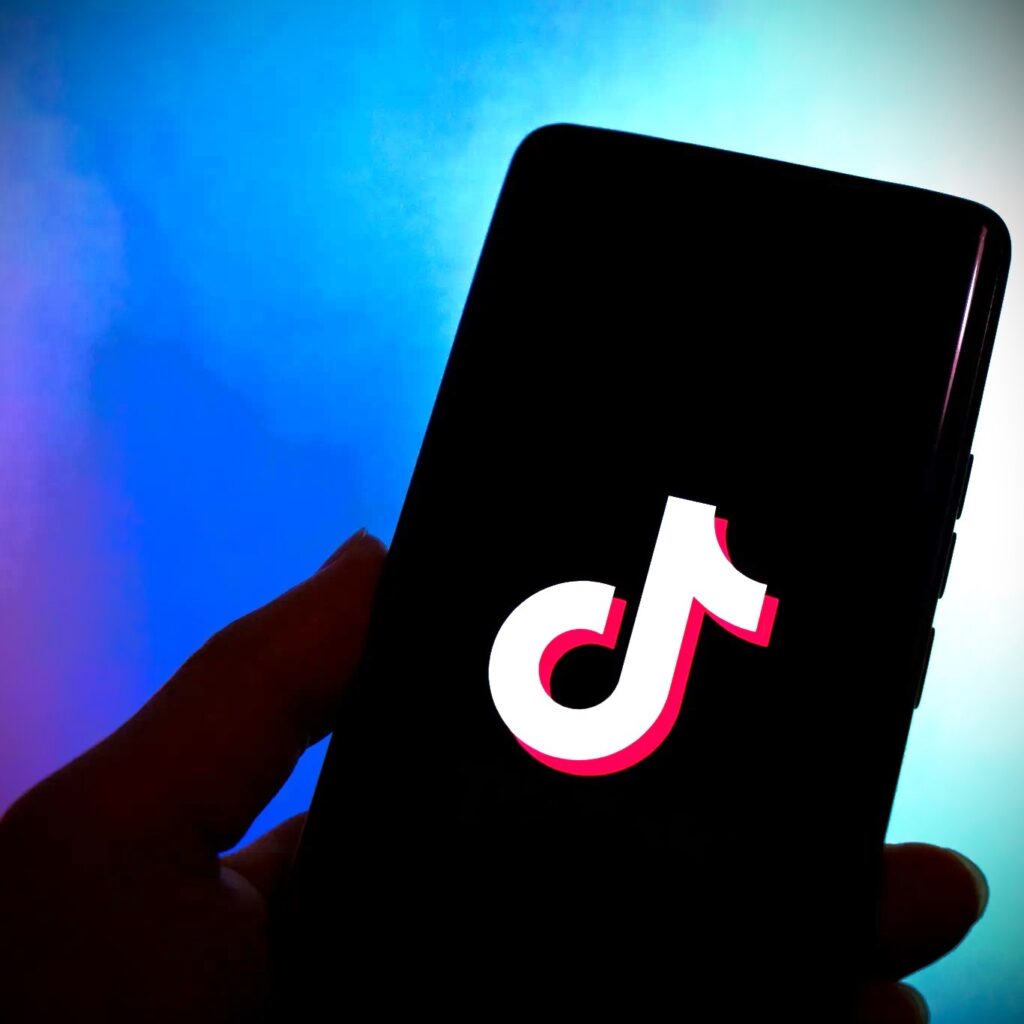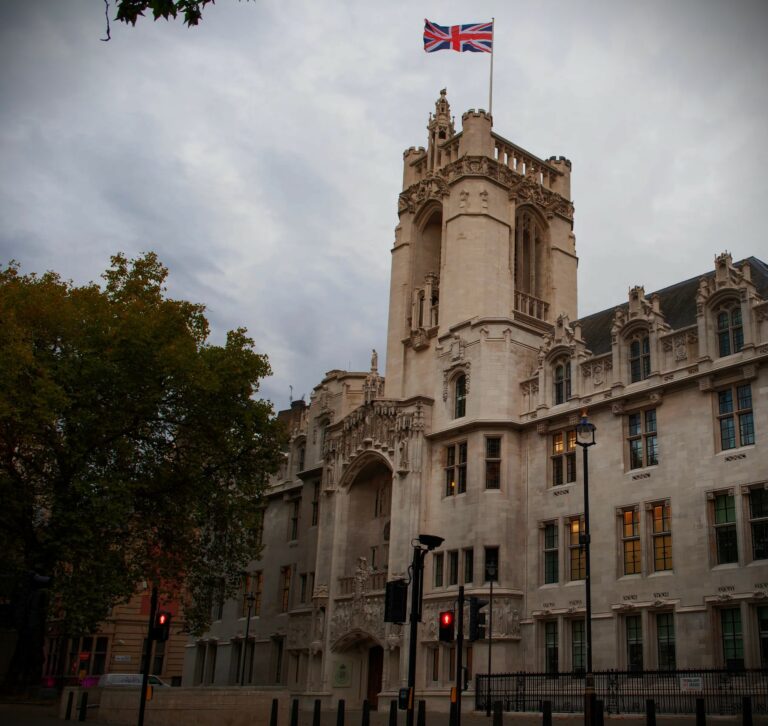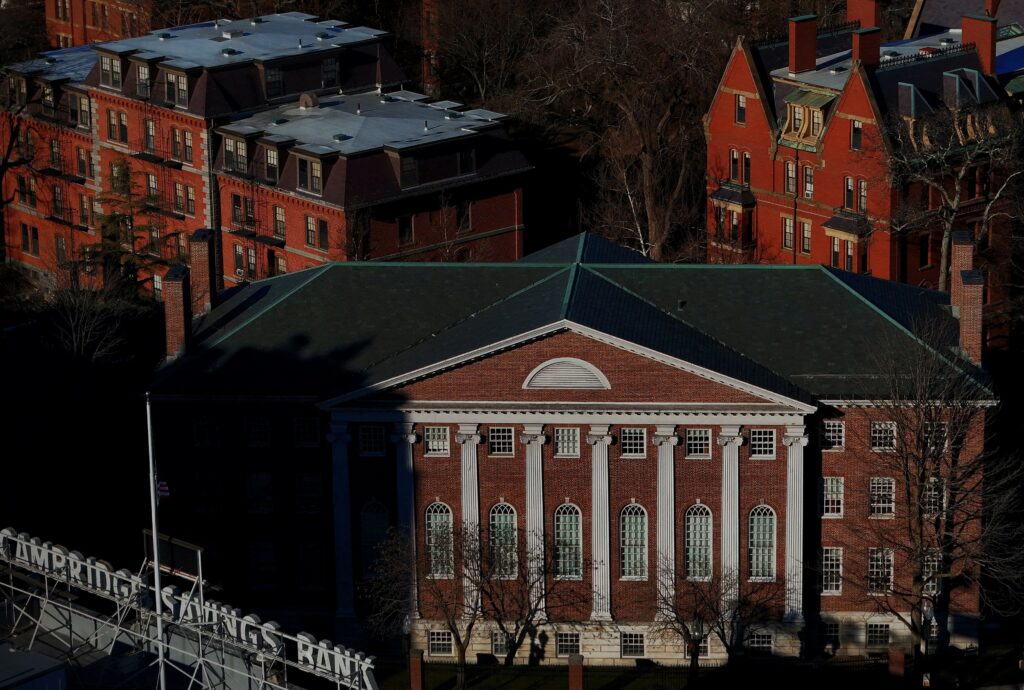
In early April 2025, former President Donald Trump issued an executive order extending the deadline for TikTok to reach a deal regarding its future in the U.S. by an additional 75 days. This move grants the Chinese-owned social media giant a temporary reprieve from a potential nationwide ban, allowing more time to negotiate with U.S. companies while addressing national security concerns. The extension provides an essential window for ByteDance, TikTok’s parent company, to finalize a sale or partnership that could ensure the platform’s continued operation in the U.S., while resolving the lingering issues of data privacy and foreign influence.
TikTok has over 135 million active monthly users in the U.S., making it an immensely popular app, especially among younger generations. However, its ties to China have raised alarms in Washington, with lawmakers fearing that the Chinese government could use the app to gather data on U.S. citizens or spread disinformation. The core concern is TikTok’s algorithm, which tailors content to users, and whether the Chinese government could exert influence over its inner workings, potentially compromising user privacy or national security.
In response to these concerns, the Trump administration had threatened to ban the app unless ByteDance sold TikTok’s U.S. operations to an American company. Several high-profile companies, including Microsoft, Oracle, and Walmart, initially expressed interest in acquiring the platform, but these discussions fell through. Recently, however, new players have entered the field, including Amazon and investors like Elon Musk and Frank McCourt, signaling a renewed push to secure TikTok’s future in the U.S. Experts estimate the platform could fetch as much as $50 billion, given its vast user base and popularity.
The extended deadline gives TikTok and the U.S. government more time to finalize a deal. However, any agreement must navigate complex legal hurdles. Beyond the logistical and financial aspects, the deal would also require approval from both U.S. and Chinese regulators. The Chinese government has made it clear that it would need to protect ByteDance’s intellectual property, especially the algorithm that drives TikTok’s success. Chinese law could potentially hinder a sale if it requires the app’s algorithm to be shared with an American buyer, raising further complications.
A central point of contention in the talks is whether ByteDance will be allowed to retain control over TikTok’s algorithm after a sale. U.S. lawmakers argue that if ByteDance continues to control the algorithm, the platform could still pose a security risk, even if its ownership changes. This ongoing debate has become a key issue in negotiations, with both sides trying to find a solution that balances business interests with the need to ensure data security and protect national interests.
The extended deadline serves as a critical juncture in what has become a complicated and high-stakes negotiation process. The outcome of these talks could significantly impact the future of TikTok in the U.S. If no agreement is reached within the next 75 days, the U.S. government may opt to enforce stricter restrictions or even carry through with a full ban of the app. However, a successful sale or restructuring of TikTok’s U.S. operations could lead to a new framework for managing the platform’s operations while addressing security concerns.
This situation also has broader implications for the global tech landscape. The outcome could set important precedents for how foreign-owned digital platforms are regulated in major markets like the U.S., especially as concerns about privacy, foreign influence, and digital sovereignty continue to grow. The case of TikTok highlights the increasing intersection of technology, politics, and national security in a hyperconnected world, and it’s likely to have long-term effects on how governments approach the regulation of international tech companies.
Ultimately, the 75-day extension provides more time for crucial negotiations, but it also heightens the pressure on all involved parties. As the deadline looms, the future of TikTok in the U.S. remains uncertain, with a variety of possible outcomes—ranging from a full acquisition by an American company to continued regulatory hurdles and potential bans. The next few months are pivotal in determining the platform’s fate in one of its largest markets.



